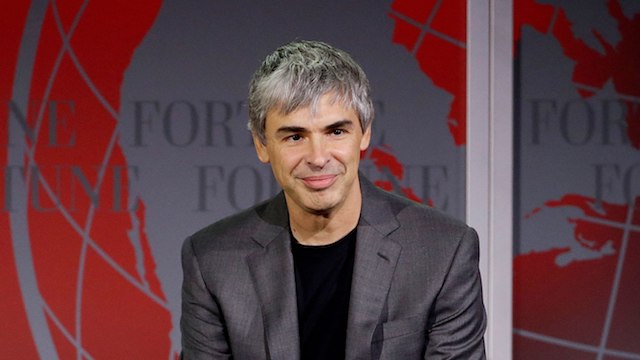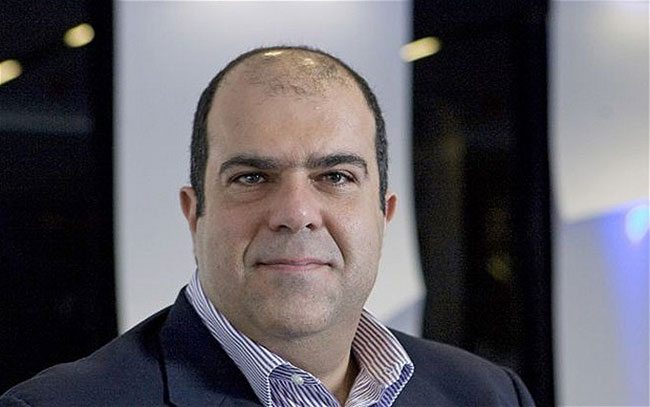Gemini orders new Siemens trains as Uber-backed start-up takes aim at Eurostar


Gemini Trains, the start-up rail operator aiming to challenge Eurostar’s three-decade monopoly on Channel Tunnel routes, has placed an order with Siemens Mobility for a fleet of next-generation high-speed trains.
The order, covering an initial ten new Velaro Novo trains, marks a major step in Gemini’s plan to operate competitive passenger services between London, Paris, Brussels and Cologne. The company, which is partnering with Uber, intends to integrate its ticketing and connections through the Uber app — potentially branding the new services as Uber Trains.
Gemini said the Siemens trains could be part-assembled at the company’s new Goole facility in East Yorkshire, a move that would add a UK manufacturing dimension to the cross-border project.
“Our collaboration with Uber, Siemens and Rock Rail creates a powerful partnership towards our goal of running competitively priced trains connecting the UK to France, Belgium and, for the first time ever, Germany,” said Adrian Quine, chief executive of Gemini Trains.
Founded by a team of transport veterans and chaired by Lord Berkeley, Gemini is one of three new operators seeking permission from the Office of Rail and Road (ORR) to launch competing international high-speed services.
Eurostar has enjoyed exclusive access through the Channel Tunnel since its launch in 1994, but the market is now opening to rivals amid calls for greater competition, lower fares and expanded destinations.
Gemini plans to operate from Stratford International in east London rather than Eurostar’s crowded St Pancras terminus and hopes to reopen the mothballed international station at Ebbsfleet in Kent, creating additional capacity for travellers.
The company’s entry will be backed financially by Rock Rail, a major rolling stock investment firm that competes with established UK lessors Porterbrook, Angel and Eversholt.
The Siemens Velaro Novo — the model ordered by Gemini — represents the next evolution of the Class e320 trains used by Eurostar since 2015. The new version promises greater energy efficiency, lighter construction, and higher passenger capacity, making it suitable for both the UK’s electrified rail network and European high-speed lines.
The order also boosts Siemens’ £200m Goole manufacturing site, which opened last year to assemble and service rolling stock for the UK market.
Eurostar is currently undertaking its own fleet renewal programme and is expected to face political pressure to favour France’s Alstom for its new orders. Rival prospective operators, including Virgin Trains and a joint venture between Italy’s FS and Spain’s Cosmen family, are also believed to be considering Alstom-built models such as the Frecciarossa.
Despite growing momentum, no new cross-Channel operators are expected to begin passenger services before 2030, as bids are reviewed and infrastructure agreements finalised.
While the Channel Tunnel has spare track capacity, depot and maintenance space remains constrained — particularly at Temple Mills in Stratford, where Eurostar’s fleet is based. Additional facilities will be required to accommodate any new entrants.
Still, Gemini’s investment and partnership model — combining Uber’s consumer reach, Siemens’ engineering expertise, and Rock Rail’s financing power — positions the start-up as the most credible contender yet to take on Eurostar’s long-standing dominance of the European high-speed market.
Read more:
Gemini orders new Siemens trains as Uber-backed start-up takes aim at Eurostar




















:quality(85):upscale()/2023/09/18/918/n/1922398/a1136b676508baddc752f5.20098216_.jpg)
:quality(85):upscale()/2025/10/09/670/n/1922283/00b944c868e7cf4f7b79b3.95741067_.jpg)
:quality(85):upscale()/2025/10/15/765/n/1922398/29c37a6e68efd84bb02f35.49541188_.jpg)
:quality(85):upscale()/2025/09/09/891/n/1922283/7222624268c08ccba1c9a3.01436482_.png)





















